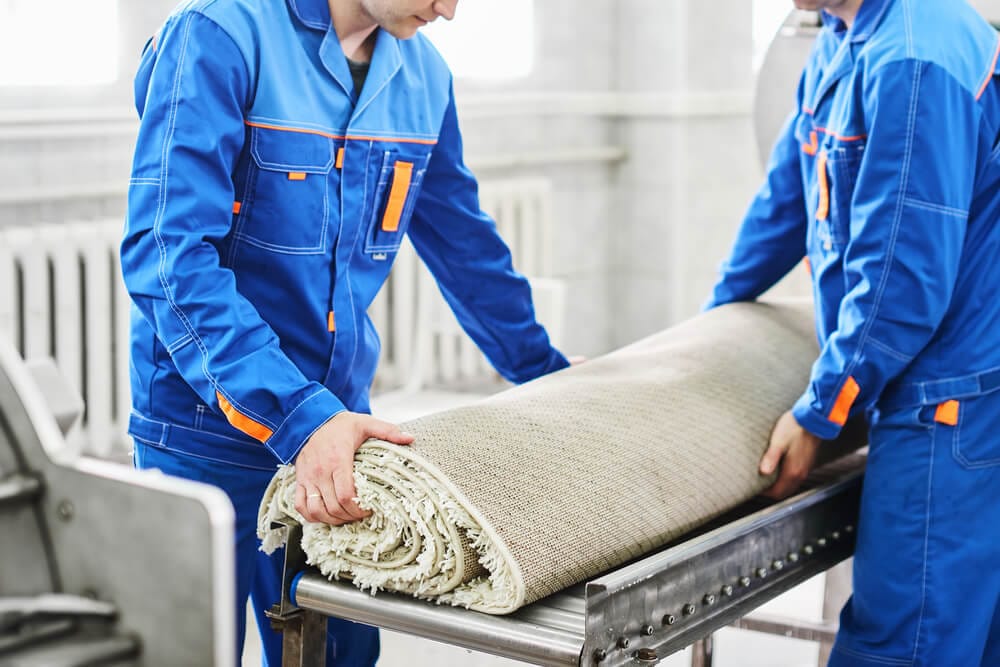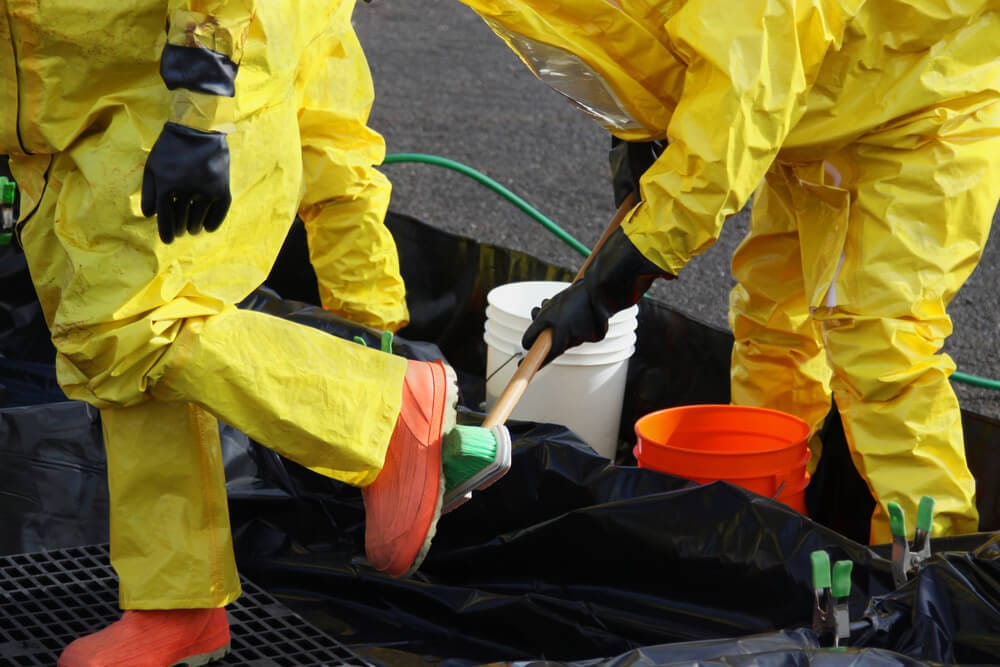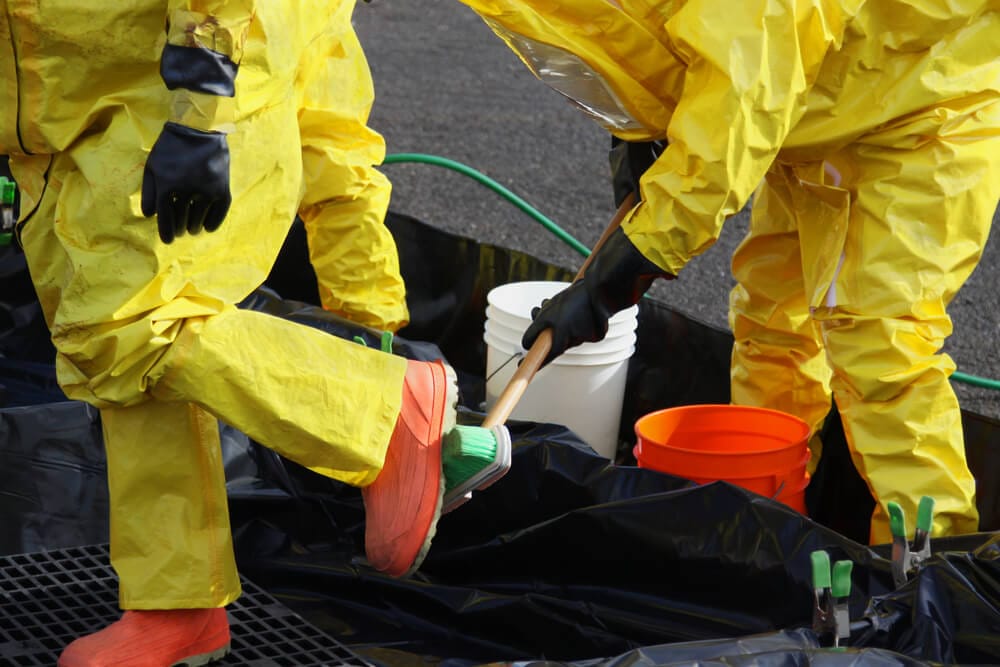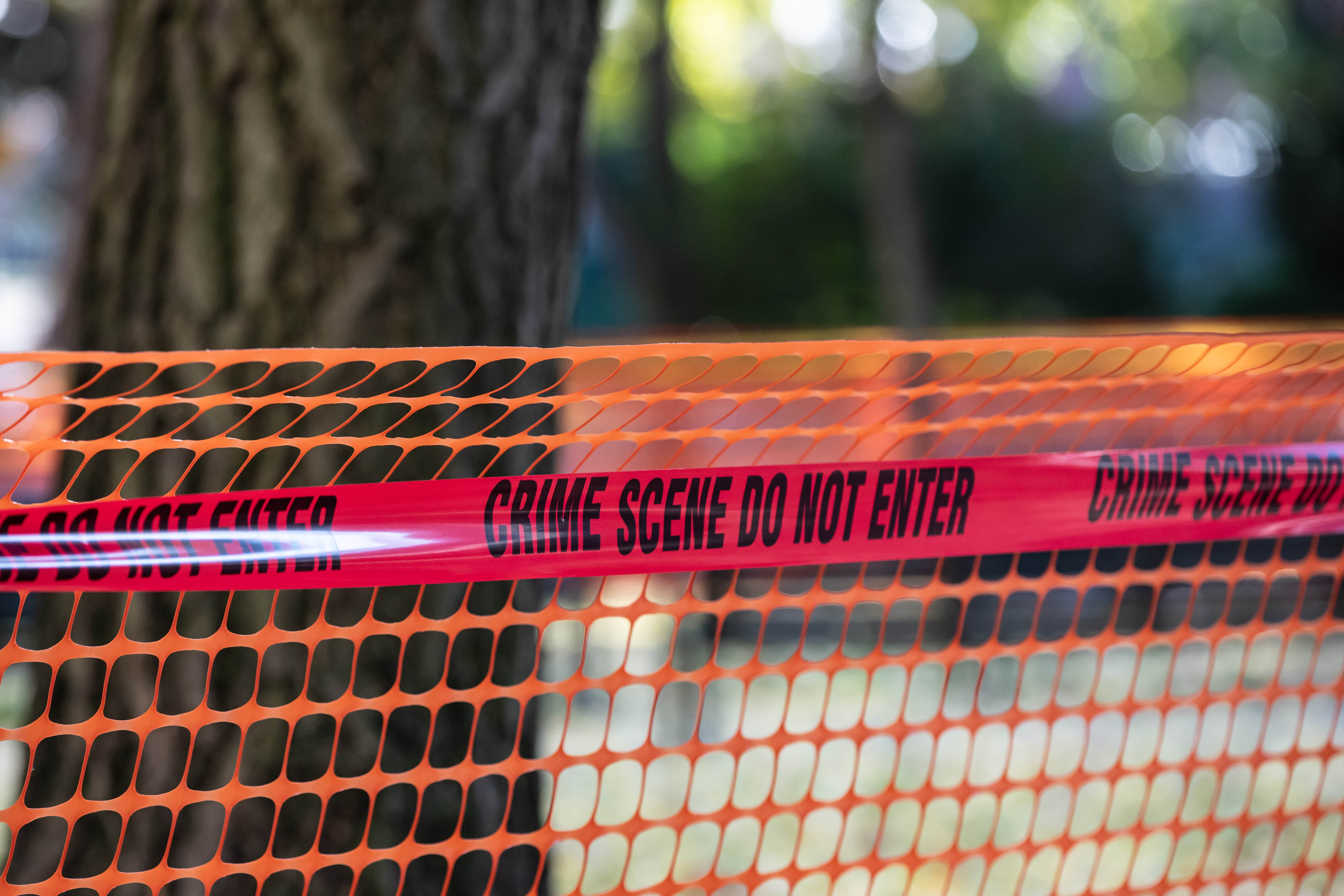Unfortunately, we live in a world where crimes are committed daily. Not only are they awful and gruesome, but they often leave a mess behind. In fact, if left unattended, crime scenes can become a breeding ground for all kinds of infections and diseases. Thats why they need to be cleaned as promptly as possible, but often thats easier said than done. Crime scene cleaning has no place for amateur work, so if youre considering starting such a business, theres more than a couple of things you need to be aware of.
Spaulding Decon has been in the crime scene cleanup business for decades and has set the bar when it comes to restoring properties to their pre-crime state. Today were going to share some of the main requirements for starting such a business, so if youre looking to get your feet wet in this industry, read along.

Crime Scene Cleanup Requirements
If youre eager to start your crime scene cleaning service, be ready to roll up your sleeves because its demanding work. Youll be exposed to a wide variety of situations, and most of them wont be for the faint of heart. There are certain skills you and your crew should acquire and a couple of boxes to check before starting your first cleanup job. Some states will require you to have a crime scene cleanup certification before issuing a license, so make sure to check if thats the case.
Compassion Is Key
Arguably the most crucial skill, compassion is essential in a time of mourning and tragedy. Your job is not only to clean the property but also to offer support and reassurance to the family of the victim. The result of an accident or a crime is a much more complex situation than regular cleaning jobs.
Education and Training
You and your crew are going to have to receive some form of specialized training to get acquainted with the best practices, protective equipment, and most importantly, all the safety risks involved. Exposure to bloodborne pathogens can be hazardous, so all cleaning crew members have to be familiar with the protocols and exposure control plans. Learning the proper techniques for cleaning body fluids while avoiding cross-contamination and removing undesired odors is also an essential part of the training process.
Meticulous Attention to Detail
No compromises can be made when trying to clean up a room thats been exposed to a gruesome crime. People who have a keen sense of attention to detail will strive in this industry as it is one of the most important traits to possess. Paying close attention to all the nooks and crannies will make sure you get the job done efficiently and adequately. Remember always to follow protocol.
Integrity and Trust
Similar to compassion, integrity plays a key role in how successful your crime scene cleanup business will be. Having integrity will net you a good reputation that will get you far in this industry. For potential clients that are going through a fragile time, Its all about letting someone they can trust in their home.
Flexible Working Hours
If youre going to succeed in this industry, be ready to work some odd hours. As we mentioned before, cleaning up a crime scene requires superb attention to detail but also needs to be done in the shortest time frame possible. More than often, this will include working overnight. This is something you should be aware of before committing to a job.
Protecting Yourself
Having the appropriate gear is essential, and you shouldnt ever try and clean up a crime scene without it. This includes biohazard suits, protective gloves, masks, and respirators. So now you might be wondering what kind of cleanup jobs you can expect to encounter? Trying to list every type of crime scene cleanup job is almost impossible due to the nature of the job, but there are six most common types that we will highlight.

Types of Major Crimes for Cleanup:
Murder:
Unfortunately, cleaning after a murder is one of the most common jobs youll be assigned to. After the police are done with their investigation, you will be required to clean up blood and other biological matter. Decontaminating a room or an entire home is mandatory and needs to be done in a professional manner using specialized tools.
Suicide:
Suicide has a similar effect to murder, both in contamination and in a psychological way. Taking on such a cleaning job requires extensive knowledge of blood-borne pathogens, various potential infections, as well as a sense of compassion.
Unattended death:
Cleaning up after an unattended death is not just an emotional process, but can also be technically very challenging. Sometimes days pass before a body is discovered, making the cleaning process that much harder. When a person dies, their body begins a process called decomposition. Decomposition involves releasing chemicals that induce decay and, depending on the nature of death, those chemicals can affect the surrounding.
Tear gas:
The police often use tear gas to try and get a stressful situation under control. The problem is, tear gas is quite tricky to clean up afterward. These types of jobs are demanding as they require a considerable commitment to rid the air of contamination. Until all chemicals are adequately removed, the affected space will remain uninhabitable.
Meth and Drug Labs:
Once Meth labs are discovered and shut down, the area around them requires extensive cleaning. These types of jobs are becoming more frequent and require a fast response as they can pose a severe health risk for the environment.
Road Accidents:
Road accidents are a common occurrence in the States. Crime scene clean up crews are called upon immediately after the police file their report.
The Conclusion
So whats the takeaway? Starting a crime scene cleanup business is not for those with a weak stomach. However, if you decide to venture into this industry with the right mindset, it can become a fulfilling career. Make sure you do your research in order to be ready for all the challenges that lie ahead.
For more crime scene cleaning, mold removal, and water restoration tips, make sure to keep up with our blog.





